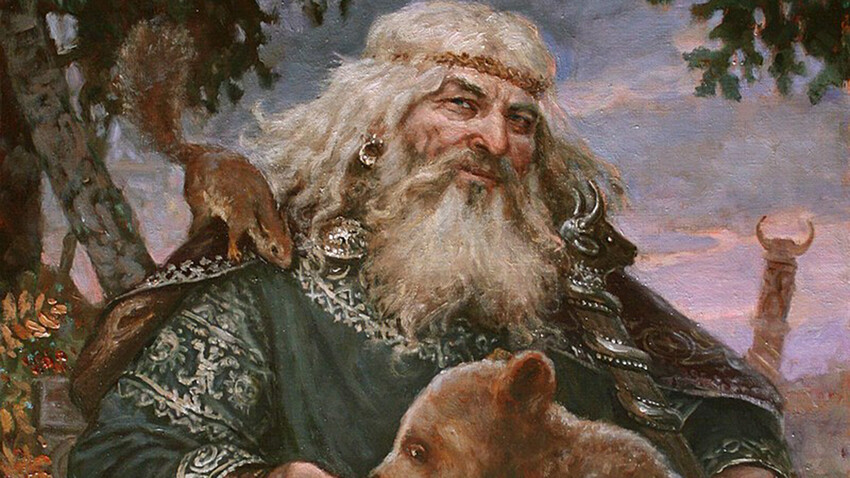
On the night from October 31 to November 1, he, along with other spirits, descended to Earth and could give both a blessing and teach a lesson. Hence, the name of the holiday.
On Veles' Night, according to popular belief, the border between the worlds becomes so thin that spirits can enter our world, while people – into the afterlife. Therefore, Slavs tried not to leave their homes without a good reason on this holiday. They set a festive table, which was served not only for the living, but also for deceased relatives. In case they wanted to visit their descendants.
For the same reason, there was no excessive fun on Veles' Night, and they tried to not let strangers into their homes, in order not to attract uninvited guests from the afterlife. To scare them away, people would light candles in the house and make a fire in the yard. Windows and doors were protected with rowan branches. Traveling on this holiday was also not advised: so as to not accidentally cross the border of the worlds. It was also forbidden to stay awake until dawn or look out the window for long periods of time.
On Veles' Night, they did fortune-telling about the future and the fulfillment of wishes. And they believed that seeing one of their ancestors in a dream was a good omen.
Dear readers,
Our website and social media accounts are under threat of being restricted or banned, due to the current circumstances. So, to keep up with our latest content, simply do the following:
If using any of Russia Beyond's content, partly or in full, always provide an active hyperlink to the original material.
Subscribe
to our newsletter!
Get the week's best stories straight to your inbox